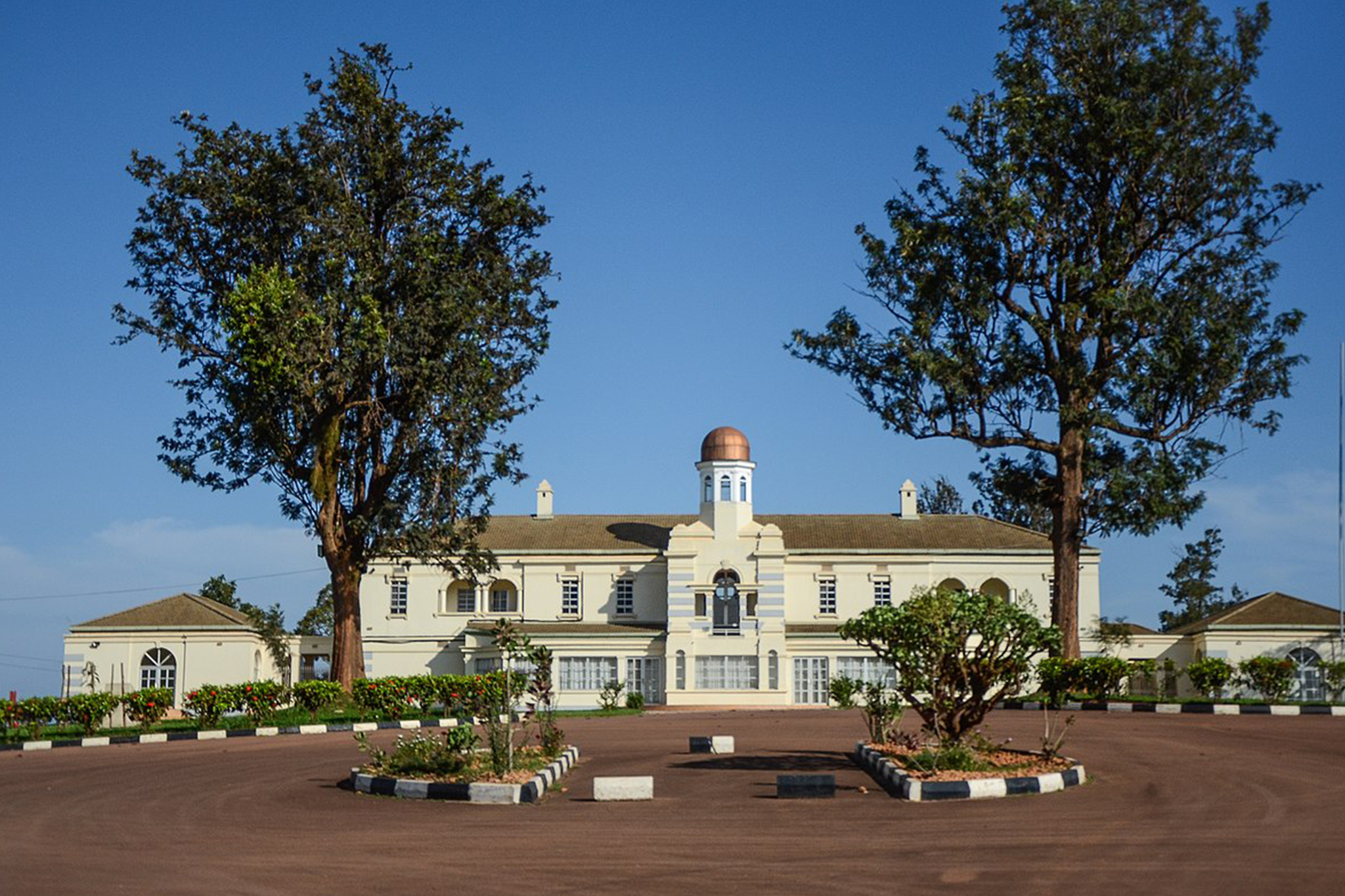Buganda the Largest kingdom
Buganda is a traditional kingdom within modern-day Uganda, East Africa. Here are some key points about Buganda:
Location: Buganda is located in south-central Uganda, surrounding the capital city, Kampala. It is the largest of the traditional kingdoms in Uganda and has played a significant role in the country’s history.
History: The Kingdom of Buganda has a rich history that dates back several centuries. It was one of the most powerful and influential kingdoms in East Africa during the pre-colonial period. Buganda’s centralized political structure and military strength allowed it to exert control over neighboring regions.
Political Structure: Buganda has a hierarchical political system with a king, known as the Kabaka, at the top. The Kabaka is considered both a political and spiritual leader. Below the Kabaka are various chiefs and sub-chiefs who administer different regions within Buganda.
Culture and Language: The people of Buganda, known as Baganda, have a distinct culture and language called Luganda. Luganda is widely spoken in the Buganda region and is one of the major languages in Uganda.
Economic Activities: Traditionally, Buganda has been an agricultural society, with the cultivation of crops such as bananas, coffee, and plantains. Fishing on the numerous lakes in the region is also an important economic activity.
Religion: The majority of Baganda practice Christianity, particularly Roman Catholicism and Anglicanism. However, traditional beliefs and practices are also observed, and there is a blend of traditional and modern customs in Buganda.
Influence in Ugandan Politics: Buganda has played a significant role in the political landscape of Uganda, both before and after independence. The relationship between Buganda and the central government has sometimes been a source of tension and has had implications for the broader political stability of Uganda.
Cultural Institutions: Buganda has various cultural institutions, ceremonies, and rituals that are an integral part of the Baganda people’s way of life. The kingdom has a well-organized cultural system that includes traditional music, dance, and ceremonies.
Independence and Post-Colonial Era: Buganda, like the rest of Uganda, gained independence from British colonial rule in 1962. However, political and cultural tensions persisted, leading to the abolition of traditional kingdoms in Uganda in 1966. The kingdoms were later restored in 1993, and Buganda regained some cultural and administrative autonomy.
Buganda’s cultural heritage continues to be an essential aspect of Ugandan identity, and the kingdom plays a role in the cultural and political life of the country. The restoration of traditional kingdoms in Uganda reflects the recognition of the cultural diversity and historical significance of these institutions.

